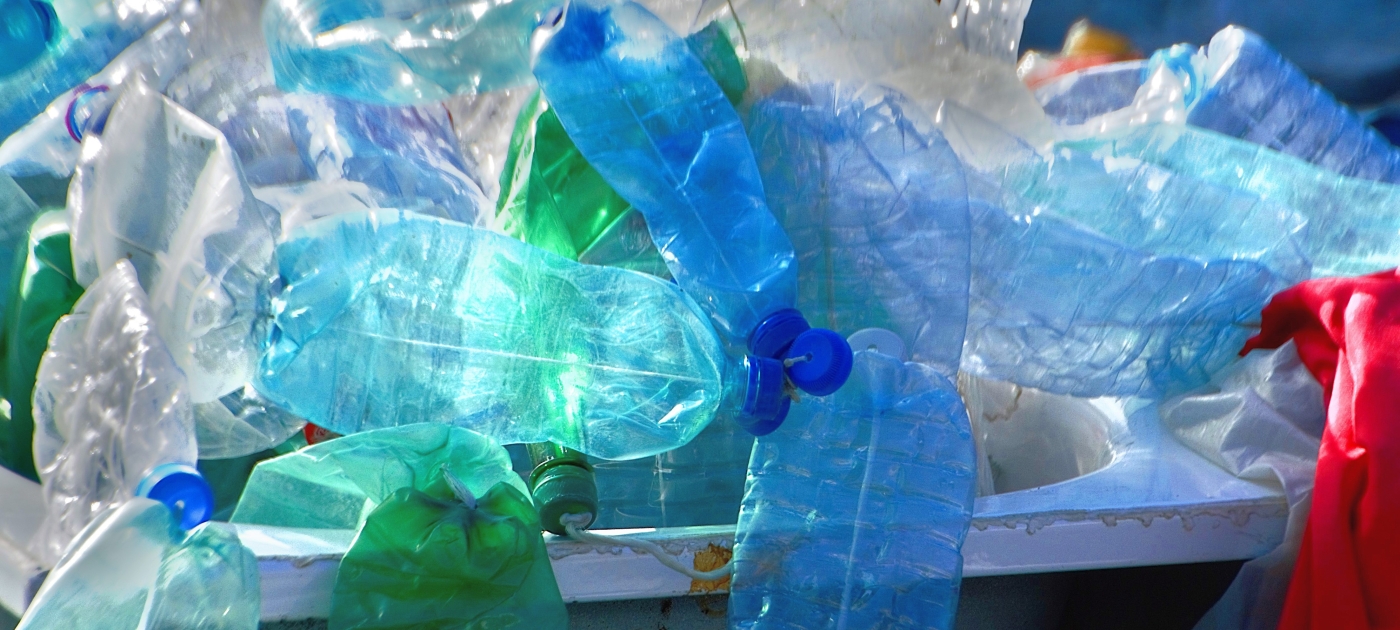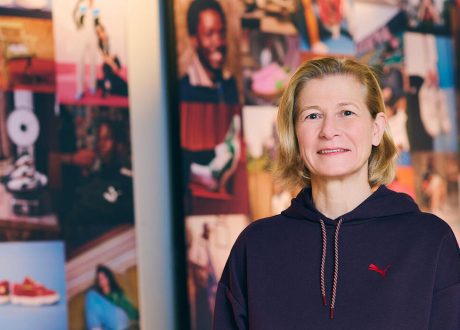
New ISO ESG Implementation Principles provide int’l guidance to streamline ESG practices
New ESG Implementation Principles launched the International Organization for Standardization (ISO) at the 29th United Nations ...

A 42-million-dollar project will help Colombia, Jamaica and Panama to jointly combat plastic pollution by mainstreaming circularity at city-level.
Led by the United Nations Environment Program (UNEP), with funding from the Global Environment Facility (GEF) and support from the Cartagena Convention Secretariat, the Reduce marine plastics and plastic pollution in Latin American and the Caribbean cites through a circular economy approach project will support the three countries to adopt closed-loop policies at city-level, engage the private sector to do the same and create an inter-city network among Latin America and the Caribbean cities on marine plastics and plastic pollution more broadly, raising awareness on best practices.
By prioritizing innovative interventions upstream and identifying products that contain chemicals of concern, policy and fiscal instruments will be used to reduce the use of unnecessary or toxic plastic products, limit and ban the open burning of plastics and develop reuse and refill systems, as well as new circular business models in collaboration with those along plastic value chains.
“Embracing circularity lies at the heart of our work in cities as a powerful weapon in the fight against plastic pollution. By reimagining our approach to consumption and waste, we can safeguard our marine ecosystems, and empower others across Latin America and the Caribbean to do the same. Prevention is protection,” said Carlos Manuel Rodríguez, CEO and Chairperson of the GEF.
A rapid shift to a circular economy can reduce the volume of plastics that pollute the ocean by over 80 per cent, reducing reliance on the creation of new plastic and saving governments over $70-billion in less than 20 years and creating an additional 700,000 jobs by 2040.
“We hope this project can serve as a model for upscaling and replication throughout the wider Caribbean Region, while encouraging the commitment by Governments – under the Cartagena Convention – to control, reduce and prevent marine pollution,” said Cartagena Convention Director Chris Corbin.
The four-year project will bring Barranquilla and Cartagena in Colombia, Kingston and Montego Bay in Jamaica and Panamá City and Colón in Panamá, alongside other cities in Latin America and the Caribbean, together in line with international best practices, centering the 9Rs – an expansion of “reduce, reuse, recycle” – as well as the critical need to redesign both products and systems for less use of unnecessary plastic, reducing environmental and health impacts.
Plastic is one of the most ubiquitous materials ever produced, used in everything from products to packaging. However, nearly one-third of all plastic is single use, 32 percent contaminates soil and freshwater ecosystems and as much as 10 million tons are released into the ocean annually, worsening the triple planetary crisis – climate change, nature and biodiversity loss, and pollution and waste.
Without decisive action, this is expected to triple by 2060. Circularity aims to keep materials such as plastics at their highest value throughout the value chain for as long as possible by transforming the way people design, make, use and discard products.
New ESG Implementation Principles launched the International Organization for Standardization (ISO) at the 29th United Nations ...
PUMA has already made strong progress in reducing its greenhouse gas emission over the past ...
The United Nations Trade and Development (UNCTAD) urged during the 29th United Nations Climate Change ...


اترك تعليقا